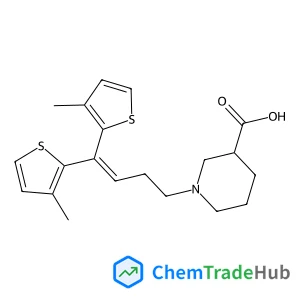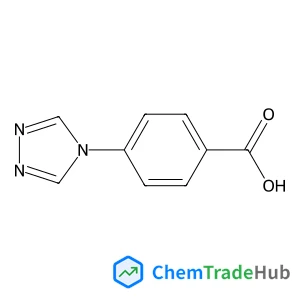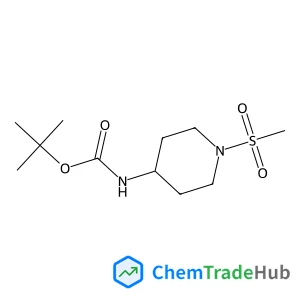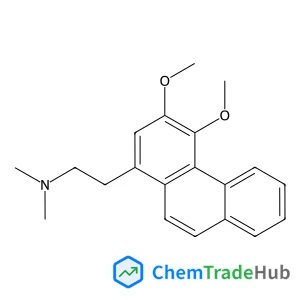Voltage-driven ion flux promotes emulsification at the water|oil interface
Literature Information
Guillermo Colón-Quintana
Emulsions are critical across a vast range of industries. Generally, emulsion synthesis is a complicated chemical process, requiring many mixed-phase systems. Here, we demonstrate that the flux of ions across the oil|water interface induces emulsification. Ion flux is achieved by a voltage-driven process, where an anode and a cathode are placed in each phase. When a current density of 2 mA cm−2 is reached across the interface, emulsification occurs. We demonstrate that emulsification can be tuned to occur in both phases, depending on the ions present. Droplet sizes are on the order of hundreds of nm and are stable for over an hour even without purposefully added surfactant. We demonstrate qualitative control over droplet size and charge based on salt content, current densities, and polarity of the interface. The process is 1000 times less energetic than ultrasonication. Our results introduce a robust and low-energy means of nanodroplet dispersion without the use of more than two phases and complex phase-transfer agents.
Related Literature
IF 6.367
Solventless thermal crosslinked polymer protective layer for high stable lithium metal batteriesIF 6.367
An elemental S/P photocatalyst for hydrogen evolution from water under visible to near-infrared light irradiationIF 6.222
Synthesis of aviation fuel from bio-derived isophoroneIF 6.367
Effective utilisation of waste cooking oil in a single-cylinder diesel engine using alumina nanoparticlesIF 6.367
Surface structure-dependent electrocatalytic reduction of CO2 to C1 products on SnO2 catalystsIF 6.367
Engineering nanoporous organic frameworks to stabilize naked Au clusters: a charge modulation approachIF 6.222
Interfacial engineering of a polymer–MOF composite by in situ vitrificationIF 6.222
Performance of electrode-supported silica membrane separators in lithium-ion batteriesIF 6.367
Inside back coverIF 6.222
Source Journal
Materials Horizons
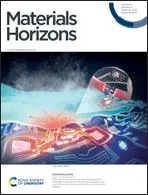
Materials Horizons is a leading journal for the publication of exceptionally high quality, innovative materials science.The journal places an emphasis on original research that demonstrates a new concept or a new way of thinking (a conceptual advance), rather than primarily reporting technological improvements. However, outstanding articles featuring truly breakthrough developments such as record performance of materials alone may also be published in the journal. For work to be published it must be of significant general interest to our community-spanning readership. All articles published in Materials Horizons from 2021 onwards will be indexed in MEDLINE©
Recommended Compounds
Recommended Suppliers
 Zhejiang Huasheng Chemical Products Co., Ltd.
Zhejiang Huasheng Chemical Products Co., Ltd. OTTO KLEIN GMBH
OTTO KLEIN GMBH Zhejiang Forth Chemical Technology Co., Ltd.
Zhejiang Forth Chemical Technology Co., Ltd. DECKMA HAMBURG GmbH
DECKMA HAMBURG GmbH Jiangsu Wanqi Biological Technology Co., Ltd.
Jiangsu Wanqi Biological Technology Co., Ltd. Leyang Xingfa Manganese Industry Co., Ltd.
Leyang Xingfa Manganese Industry Co., Ltd. Romberger Maschinenfabrik GmbH
Romberger Maschinenfabrik GmbH Shanghai Shengyi Biotechnology Co., Ltd.
Shanghai Shengyi Biotechnology Co., Ltd. Yancheng Yuan Dong Chemical Industry Co., Ltd.
Yancheng Yuan Dong Chemical Industry Co., Ltd.










![57423-71-9 - (1R,2R,4R,6S,11R,12S,15R,18S,19R,20S,21S,23R,26R)-15-Hydroxy-11,18,21-trimethyl-5,17,24,28,29-pentaoxanonacyclo[17.9.1.1~1,20~.0~2,12~.0~4,6~.0~6,11~.0~15,19~.0~18,23~.0~21,26~]triacont-8-ene-10,16,25
,30-tetrone 57423-71-9 - (1R,2R,4R,6S,11R,12S,15R,18S,19R,20S,21S,23R,26R)-15-Hydroxy-11,18,21-trimethyl-5,17,24,28,29-pentaoxanonacyclo[17.9.1.1~1,20~.0~2,12~.0~4,6~.0~6,11~.0~15,19~.0~18,23~.0~21,26~]triacont-8-ene-10,16,25
,30-tetrone](/structs/574/57423-71-9-78dc.webp)
